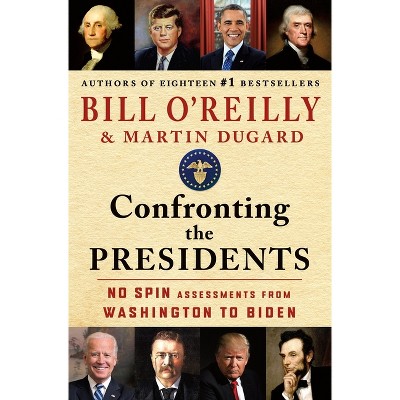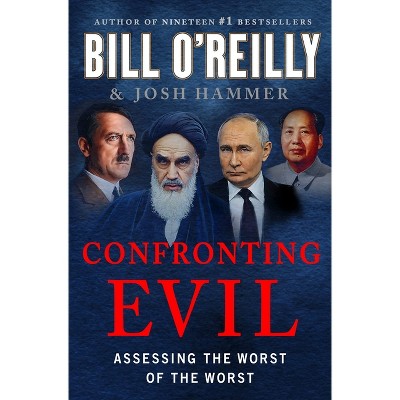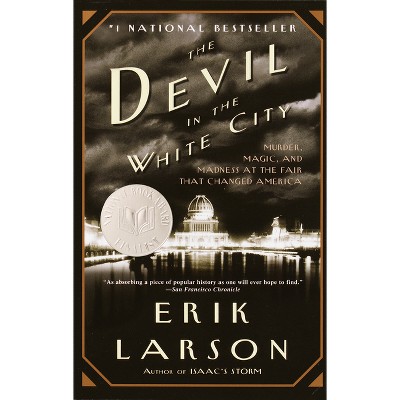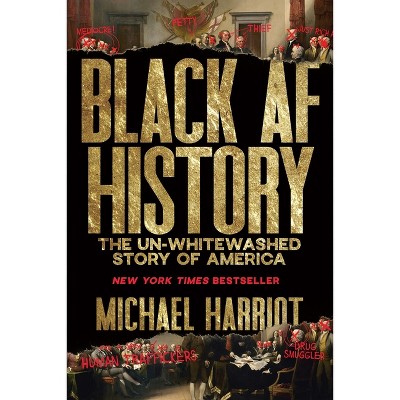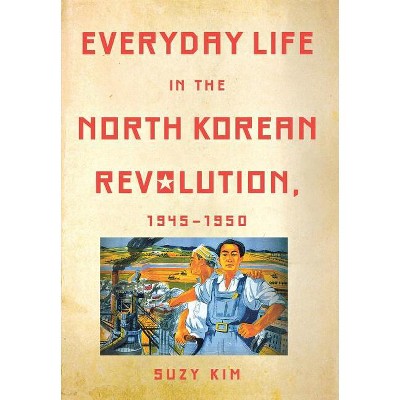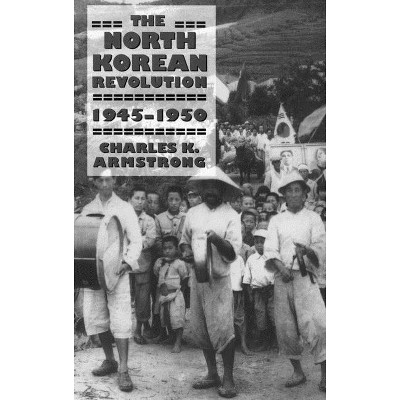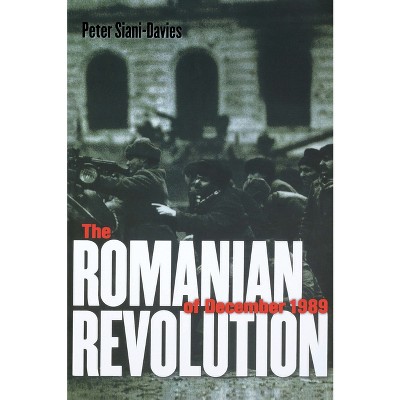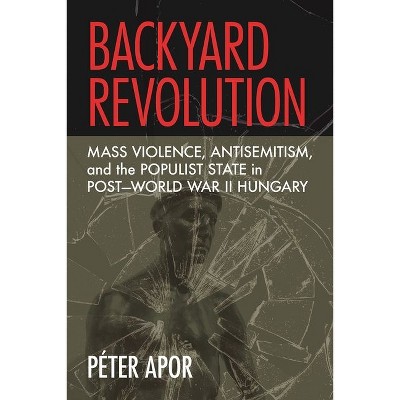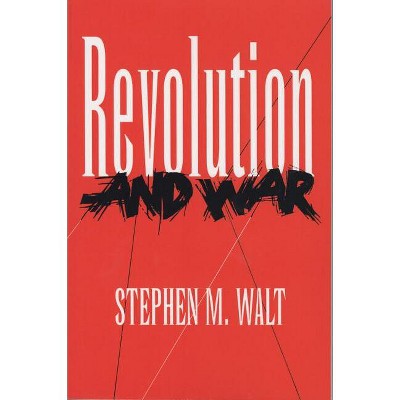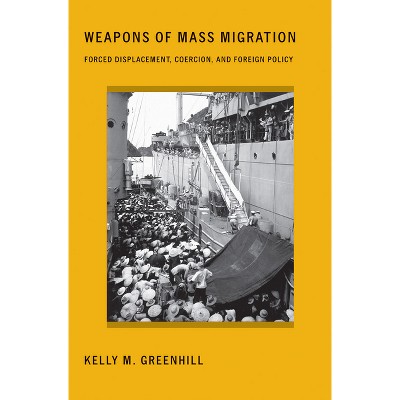About this item
Highlights
- A Foreign Affairs Best Book Migration in the Time of Revolution explores the complex relationship between China and Indonesia from 1945 to 1967, during a period when citizenship, identity, and political loyalty were in flux.
- About the Author: Taomo Zhou is Associate Professor in Chinese Studies and Dean's Chair in the Faculty of Arts and Social Sciences, National University of Singapore.
- 318 Pages
- History, Asia
Description
Book Synopsis
A Foreign Affairs Best Book
Migration in the Time of Revolution explores the complex relationship between China and Indonesia from 1945 to 1967, during a period when citizenship, identity, and political loyalty were in flux. Taomo Zhou examines the experiences of migrants, including youths seeking an ancestral homeland they had never seen and economic refugees whose skills were unwelcome in a socialist state. Zhou argues that these migrants played an active role in shaping the diplomatic relations between Beijing and Jakarta, rather than being passive subjects of historical forces.
By using previously untapped documents and oral history interviews, Migration in the Time of Revolution demonstrates how the actions and decisions of ethnic Chinese migrants were crucial in the development of postwar relations between China and Indonesia. By integrating diplomatic history with migration studies, Zhou provides a nuanced understanding of how ordinary people's lives intersected with broader political processes in Asia, offering a fresh perspective on the Cold War's social dynamics.
Review Quotes
This is a protean and pathbreaking book that will serve as an essential source for new research on the history of the ethnic Chinese in Indonesia and international relations in Asia.
-- "Journal of Asian Studies"Migration in the Time of Revolution is a truly remarkable achievement that fuses diplomatic and social history. It sets new standards for the study of Chinese in Southeast Asia and models the possibly for research that is truly inter-Asian in scope while contributing to and remaining grounded in Southeast Asian Studies.
-- "2021 Harry J. Benda Book Prize Committee, Association for Asian Studies"Impressively researched.
-- "Foreign Affairs"In its two-decade sweep from the 1940s to 1960s, Migration in the Time of Revolution disentangles a knotty diplomatic relationship and analyzes its connections to Cold War strategies, tense domestic politics, and population movements. As a result, the book will appeal to scholars interested broadly in Asia, regional foreign relations, and Cold War hot spots as well as to specialists in mid-twentieth-century Southeast Asia, political violence in Indonesia, and the Chinese diaspora.
-- "H-Asia"Meticulously researched, Migration in the Time of Revolution: China, Indonesia, and the Cold War by Taomo Zhou explores the fluid and multidimensional connections between the Chinese diaspora in Indonesia and their homeland, examining how the latter affected China's geostrategic position in the early Cold War period. Zhou's book makes important contributions to the study of diplomacy in general, and Chinese foreign policy history in particular
-- "Pacific Affairs"The book is a delightful read and will be of great interest to scholars of Chinese migration, PRC history, Indonesian history, and the history of the international communist movement.
-- "South East Asia Research"Zhou has produced a stunning synthesis of migration and diplomatic history to demonstrate how international diplomacy is deeply intertwined with the global movement of peoples across borders.
-- "Inside Indonesia"Zhou makes important contributions to the fields of Chinese studies, Asian and Cold War history and migration studies. Migration in the Time of Revolution will likely remain an authoritative work for years to come.
-- "China Quarterly"About the Author
Taomo Zhou is Associate Professor in Chinese Studies and Dean's Chair in the Faculty of Arts and Social Sciences, National University of Singapore.
Shipping details
Return details
Trending History
